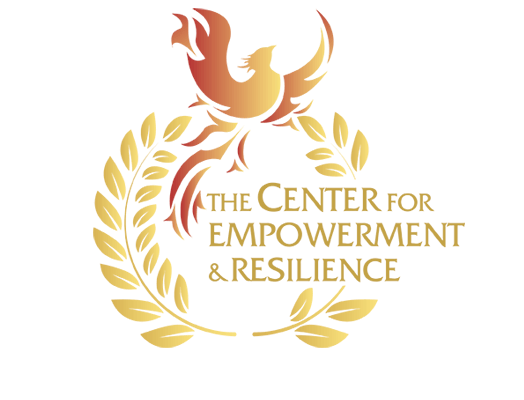 At the time of this posting, I am about to run my third marathon: the Boston Marathon. While running a marathon is a physical challenge, enduring all 26.2 miles also tests one’s mental strength. It requires willpower and determination. How does one train to stay mentally tough when the body is pushed to its limits? As a counselor specializing in sports performance, I use many of the same therapeutic techniques with my clients that help me persevere during the race.
At the time of this posting, I am about to run my third marathon: the Boston Marathon. While running a marathon is a physical challenge, enduring all 26.2 miles also tests one’s mental strength. It requires willpower and determination. How does one train to stay mentally tough when the body is pushed to its limits? As a counselor specializing in sports performance, I use many of the same therapeutic techniques with my clients that help me persevere during the race.
Staying in the Present Moment
As mentioned, the marathon is 26.2 miles. Even seasoned runners would agree that it’s a long distance. I used to wonder, “How in the world will I finish this race? I can’t even imagine running that far.” But that’s exactly what helps me get through it. Rather than fixating on the finish line, which, of course, feels great to reach, I focus on the current mile. There’s no point in dwelling on the miles already run—they’re done—and I can’t control what will happen in the future miles. Anything could happen; I could feel fine, or I might struggle. I choose not to worry about it. Instead, I focus on the present. Think about how this approach could be applied to any sport—or life in general. How do we stay grounded in the present moment? Take in your surroundings, engage your senses, and notice your thoughts without judgment. Acknowledge them, let them pass, and stay focused on where you are.
Listening to Our Parts
When dealing with negative thoughts, it’s important to approach them with curiosity and understanding. Suppressing them only strengthens their hold. During my recent marathon, I felt sluggish during the last three miles. A voice in my head urged, “You really should stop and find time to stretch and rest.” At first, I dismissed it with irritation, thinking, “Shut up! You can’t tell me what to do!” But it only made me feel slower. The voice then added, “I don’t want you to get hurt.” After a moment of reflection, I realized the voice was like a concerned friend just trying to look out for me.
As a counselor, I use Internal Family Systems therapy with my clients. We all have “parts” of ourselves that try to protect us from danger. However, they can sometimes do a little too good of a job protecting us. When I acknowledged this part’s concern and recognized its intent to protect me, I said to it, “thank you for trying to protect me. I understand you want what’s best for me.” This shift in perspective helped me feel better and allowed me to push through and finish the race.
Remember Your “Why?”
When things get tough, it’s natural to ask, “Why am I doing this?” I used to think that, because I would never go pro, marathons weren’t worth it. But I realized I love the personal challenge—both physical and mental. Think about who you are doing this for. Are you doing it for yourself? Is it for someone else? Personally, when I start to struggle, I recall the names of those who mean the most to me. I also remember that this is all for fun. Along the course, I’ve met incredible people who are facing the same challenges. The fact that we are sharing this experience, also allows us to have a deeper connection with each other.
Mental resilience can be tough. It’s easy to assume things will go wrong. But by focusing on the present moment, we avoid getting overwhelmed by what might happen or ruminating on what’s already passed. We will even have parts of us that will try to get us to stop. Give them a listen, thank them for telling you, then move on. On the other side of trials and tribulations is triumph.
Takeaways:
- Stay in the present moment. Focusing on the current moment helps prevent worrying about what has happened or what might happen.
- Instead of trying to bury those parts that want to protect us, give them a listen. They’re like a concerned friend looking out for you.
- We all do things for a reason. Remember your personal “why.”
Until next time.






